Reader's Choice
Popular articles
The most noticeable signs of high blood pressure are headache, nosebleeds, nausea, dizziness.
It is very difficult to ignore them, and it is dangerous, so a person with a need to have a home or carry with him drugs that normalize blood pressure. Another thing, when such a condition is observed infrequently. A sharp increase in pressure gives a large load on the body, so it needs to be stabilized in simple but effective ways.
Normal water helps to reduce pressure. To do this, you need to heat the pelvis or bucket of liquid to a temperature of 50 degrees, then lower the foot there for 10 minutes. During this time, the pressure may drop by 25 points, which will have a positive effect on health.
No less effective are the mustard plasters, which should be placed in strictly defined places: on the shoulders and ankles. Hold for at least 15 minutes (if there is an opportunity to be patient, then 20). To areas where mustard plasters are applied, blood rushes, eventually reducing blood pressure and normalizing the human condition.
Another great recipe for improving the state is a can massage, which is done on the neck area. To begin with, the skin should be lubricated with either ordinary vegetable oil or petroleum jelly, after which a vacuum jar should be installed (it should make circular motions within 10 minutes). When the procedure is completed, the person should lie down for half an hour. Usually, vacuum massage reduces pressure by 30 points, but it is contraindicated in stage III hypertension.
In cases where the pressure in a person rises often enough, and drug therapy has not yet been prescribed, you can prepare a simple remedy that allows you to normalize your well-being. In 100 grams of alcohol (medical), add 1.5 ml of novocaine and anesthesin, and 2.5 ml of menthol. Mix everything well.
With an attack of increased pressure, this fluid lubricates the neck. It helps very well, but if the tonometer too often shows figures exceeding the norm, you should still consult a doctor for medications for hypertension.
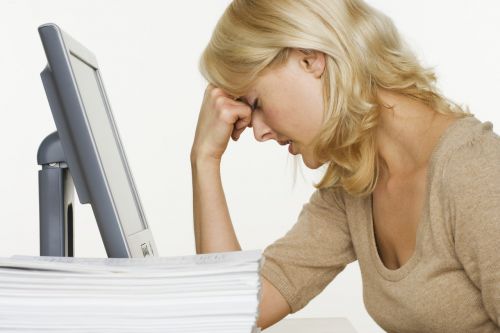
A very tasty way to reduce pressure is to take a glass of persimmon juice 3 times a day. This not only improves health, but also nourishes the body with many minerals and vitamins contained in these sweet fruits.
With the constant use of this tool there is a long-term effect, but before trying it on yourself, you should consult with your doctor for contraindications.
Cryo-massage using ice from the freezer also copes with the task of reducing pressure. It is necessary to take two pieces of ice, putting them on either side of the seventh vertebra (when the head is tilted, it bulges noticeably, so it is not difficult to detect it). When the cubes are completely melted, the skin under them must be wiped dry, smeared with camphor oil and a light massage with fingers to restore blood circulation. Within half an hour after the procedure, the pressure should return to normal.
Mint infusion is also used in such situations. In the kettle you need to brew 20 grams of this dried grass, leaving half an hour. After this, drain the liquid, wrapping mint in cheesecloth. Wipe the resulting warm compress face, neck and the entire collar area. Do not wipe the skin after this! Within 5 minutes after the procedure, the person should massage the neck and earlobes. The infusion itself will also be used: it needs to be drunk in two steps. Impact of mint inside and outside gives a great result, quickly reducing pressure to normal levels.
Alcohol, salt and severe stress can provoke an attack of hypertension. So people who are prone to increasing pressure will have to reject it as much as possible, as well as strong black coffee.
It will not be superfluous to change your lifestyle a bit, eliminating bad habits and too heavy food. It is necessary to observe the mode of rest and work, trying to walk as often as possible. This will reduce the number of attacks of high blood pressure.
Other posts on this topic:
Almost no one is trying to figure out what is causing the pressure to increase. Usually, everyone blames the weather, stress at work or inadequate sleep.
In fact, everything is much more complicated, and understanding the true causes of blood pressure growth means a lot not only to determine the method of treatment, but also to predict the patient's condition in the future. In addition to essential (primary) hypertension, there are secondary forms (symptomatic hypertension), which are a symptom of a certain disease.
Symptomatic hypertension always appears due to the fault of any disease. On this basis, all secondary hypertension can be divided into four main groups:
1. Renal, arising from congenital or acquired pathologies of the kidneys, urinary system or renal arteries.
2. Endocrine, which accompany the development of tumors that activate the release of hormones, as well as causing other diseases, accompanied by an increase in the level of certain hormones.
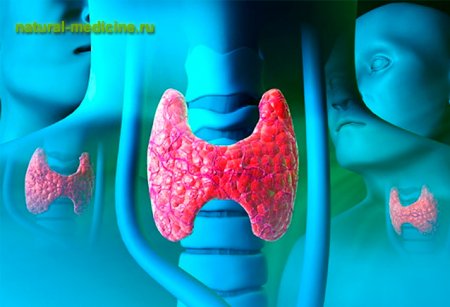
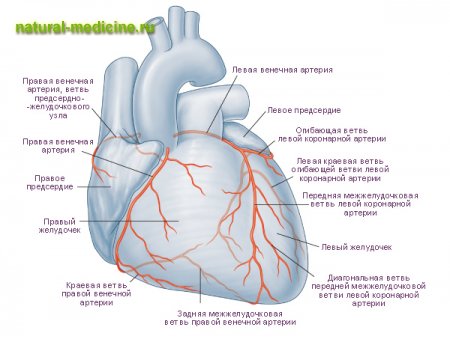
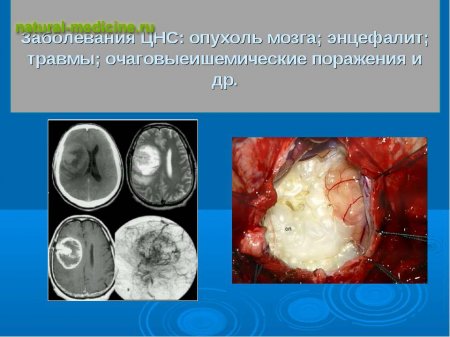
All types of symptomatic hypertension are conditionally divided into the symptoms of hypertension itself (dizziness, headache, ringing and tinnitus, pain in the heart area, the appearance of "flies" before the eyes, etc.) and manifestations of the main disease. Moreover, the latter are sometimes pronounced, erased, or completely absent, which greatly complicates the process of diagnosing hypertension.
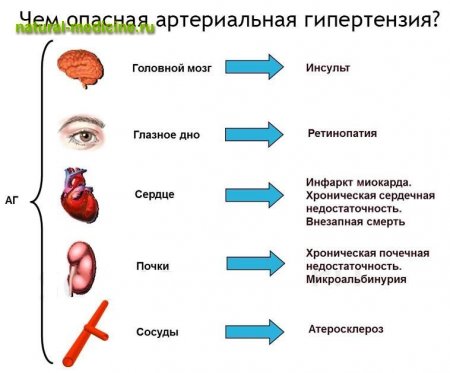
Arterial hypertension appeared at a young age or in a patient who is more than 50-55 years old;
- hypertension appeared instantly and just as quickly established at high numbers;
- high pressure is not reduced by classical antihypertensive drugs;
- increased pressure does not make itself felt and is detected only during a random examination of the patient;
- hypertension develops rapidly and begins to threaten the health or even the life of the patient.
It should be noted that secondary hypertension is often accompanied by clear symptoms of the main disease, which make it possible to correctly establish the diagnosis.
This type of disease is usually diagnosed only during the examination. Such a cause of high blood pressure, like glomerulonephritis, is indicated by edema, deviations in the general analysis of urine on the background of slightly developed hypertension with rare hypertensive crises.

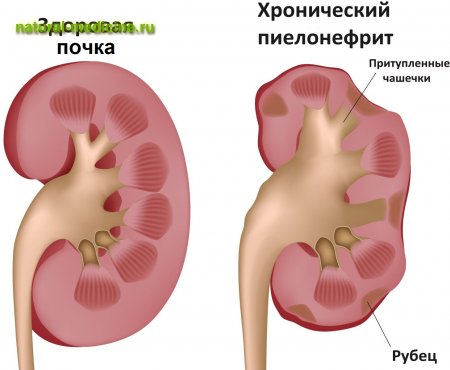
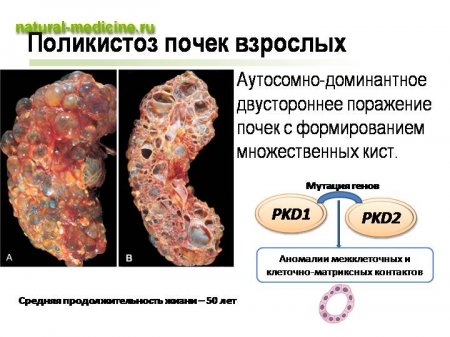
In this case, the easiest way to diagnose diffuse toxic goiter is an increase in the size of the thyroid gland, accompanied by an increased release of its hormones. The disease is manifested by such symptoms as an increase in the gland and exophthalmos ("eye bulging), increased heart rate, increased mental excitability of a person, disturbed sleep, sweating, trembling hands and body, weight loss, muscle weakness.
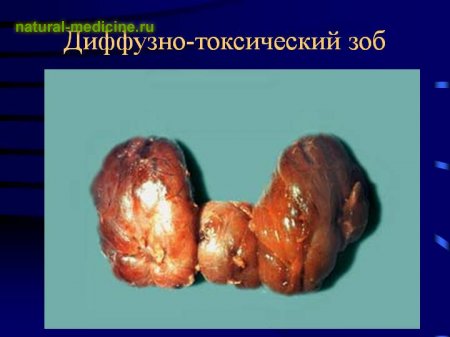
Itsenko-Cushing syndrome (associated with lesions of the adrenal glands) is usually indicated by the patient’s characteristic appearance (limb weight loss combined with fat deposits on the body, and a moon-shaped face).
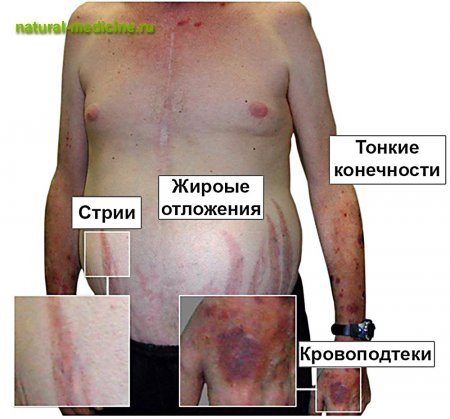
The most difficult thing to diagnose with pheochromocytoma is a tumor that produces hormones. It can develop both in the adrenal glands and outside of them. In such cases, hypertension can be the only symptom of the disease.
It is possible to determine the endocrine cause of hypertension by the nature of the hypertensive crisis (with increased blood pressure, the skin turns pale, chills appear, the limbs become cold, dizzy, shortness of breath appears, heart rhythm is disturbed), which often leads to abundant urination.
The cause of hemodynamic arterial hypertension is a malfunction of the cardiovascular system, causing changes in the general blood flow. An important feature of this type of hypertension is a relatively large increase in systolic blood pressure, that is, the upper limits of pressure.
Atherosclerotic pressure increase is indicated by such signs as frequent “leaps” of pressure, weakening of the pulsation in the arteries of the legs, cooling of the lower extremities, and occasional lameness.
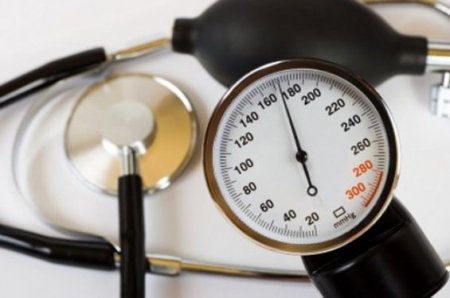
Secondary arterial hypertension can result from damage to brain cells in cranial injuries, brain tumors, encephalitis, chronic ischemia, and hemorrhages.
A sign of secondary hypertension can become paroxysmal increase in blood pressure, accompanied by dizziness, severe headaches and various disorders of the nervous system (muscle weakening, impaired mobility, decreased sensitivity, temporary visual and hearing impairment, the appearance of seizures, as well as mental changes).
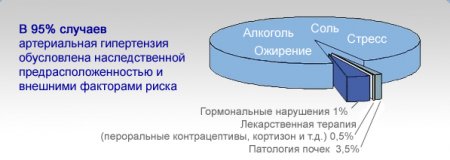
If a person often has a sharp increase in blood pressure, and all the symptoms of the cardiovascular system are present, do not ignore these signs, but go to a doctor immediately for advice. Consider what causes a sharp increase in pressure in adults, what signs are characteristic of the pathology, and what to do if a sudden increase in blood pressure?
If a person suddenly comes under pressure, it is worth paying attention to this, since such pathology is preceded by certain causes that cannot be ignored. Increased pressure may be caused by such factors:
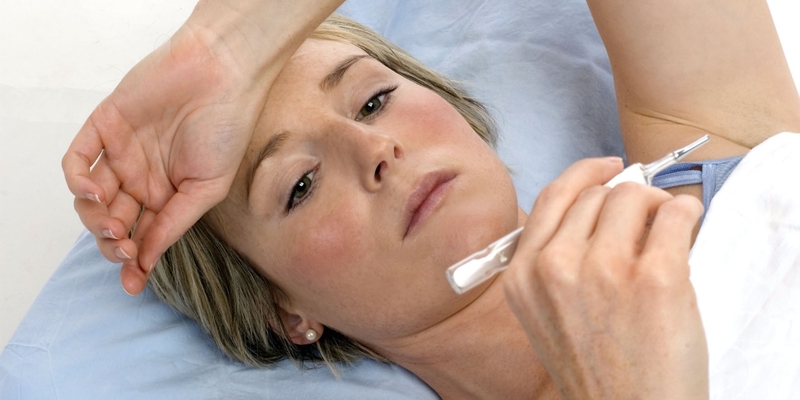 If the jump in blood pressure provokes an increase in body temperature, then there is a risk of developing hypertension.
If the jump in blood pressure provokes an increase in body temperature, then there is a risk of developing hypertension. There are cases when the body temperature increases with high blood pressure, which indicates the development of such a dangerous disease as hypertension. In addition to high blood pressure, pain in the head, nausea, worsening of general well-being, weakness, loss of consciousness. With these symptoms, you cannot try to cope with the problem yourself. It is necessary to immediately call an ambulance, as if the first aid was not provided in time, the situation could end in death.
Indicate your pressure
Move the sliders
If a person has a sharp increase in pressure, the first symptom is a headache in the back of the head, or in the temples. The patient is worried about hiccups, belching and nausea, which is sometimes accompanied by bouts of vomiting. With high pressure, it becomes hard to breathe, rapid heartbeat, ringing or hum in the ears, periodically darkens in the eyes. A person is thrown into a cold sweat, his limbs become cold, anxiety and panic build up. During this period, it is worth pulling yourself together and trying not to aggravate the situation. You should not try to bring down the pressure yourself, it is better to call an ambulance, but before arrival you should know what first aid to give yourself, or to an injured loved one.
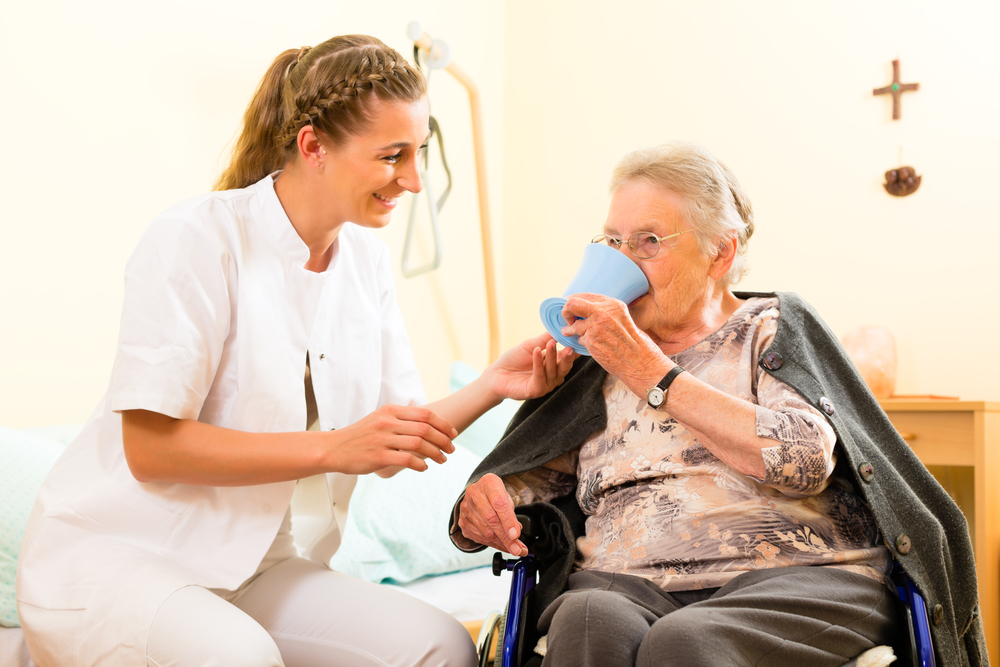 An increase in pressure to a critical indicator may trigger a hypertensive crisis.
An increase in pressure to a critical indicator may trigger a hypertensive crisis. Normally, in women and men, blood pressure indicators range from 90 / 60-130 / 90. If the indicators rise sharply, the body gets a serious shake-up, which adversely affects the patient's condition. If the root cause of the jump is stress and nervous strain, the pathology is called a vegetative crisis. And in the case when the cause of the jump in blood pressure was hypertension, the pathology is called hypertensive crisis.
The jumps in blood pressure negatively affect the state of the blood vessels that are located in the brain. If they are fragile, with a sharp increase in blood pressure, there is a high risk of rupture, as a result of which hemorrhagic stroke occurs with life-threatening consequences for the patient. In addition to the heart and brain, people with high blood pressure suffer internal organs, vision, and hearing.
Before the ambulance arrives, it is worth knowing which actions will help alleviate the condition and not harm the person. The patient should sit comfortably and take a comfortable position. This will help to adjust breathing and prevent the development of asphyxiation. Further, it is necessary to measure blood pressure, and if it goes off scale, give 10 mg of Nifedipine, or 25 mg of Captopril, under the tongue. If rapid heartbeat is observed, the patient is recommended to drink soothing drops, which normalize and improve the condition. You can not take any medications at its discretion, as this can cause death.
Find out what causes blood pressure, what methods you can knock it. How to eat right with this pathology.
Hypertension occurs in almost every third person, over thirty-five, and over 59 - in every second. Increased pressure is often the cause of strokes, heart attacks.
To avoid such terrible consequences, it is necessary to take responsibility for their health. And do not believe those people who argue that to maintain normal pressure is almost impossible at home. This can and should be done.
It is considered that the pressure rate is 120 (systolic) by 80 (diastolic). If the tonometer shows more than 140 to 90, then it is necessary to sound the alarm. Indeed, over time, the condition will deteriorate. The patient will feel pain in the heart, increased sweating, dizziness, shortness of breath, swelling, goosebumps will appear in the eyes.
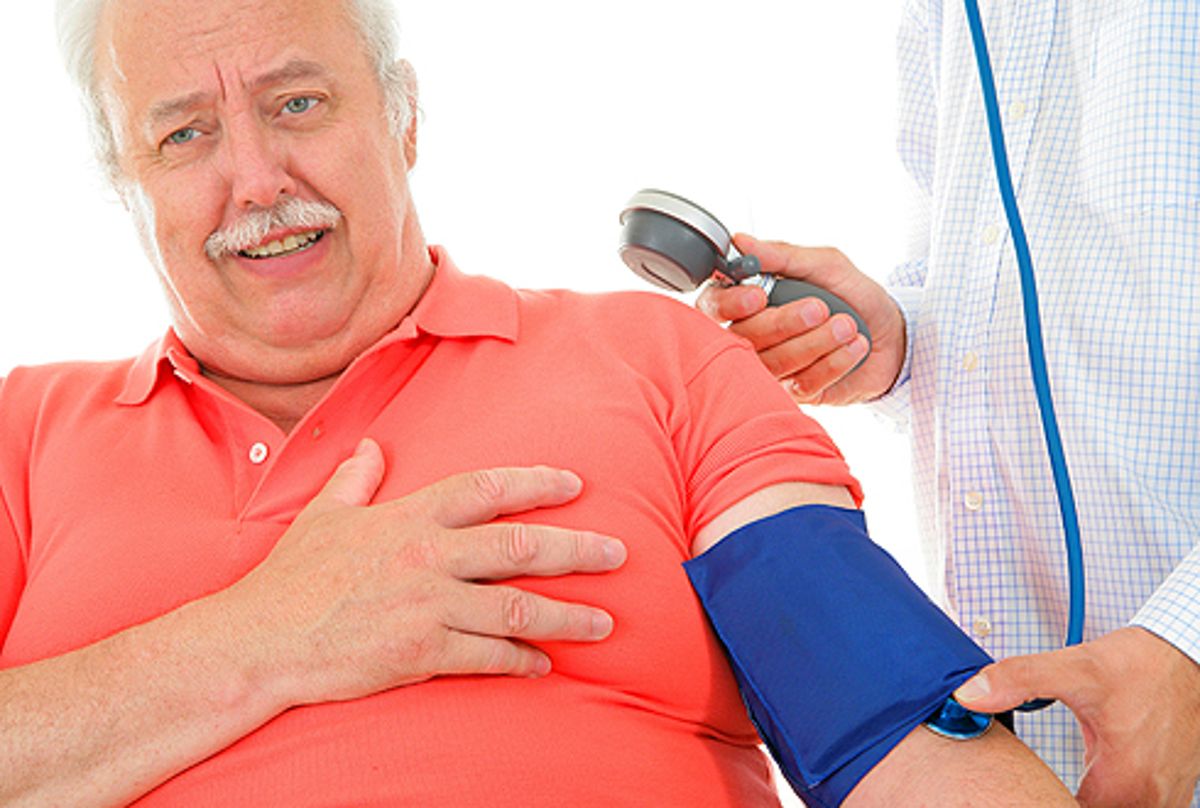
Hypertension - sensations. Heartache
This disease can be a source of development of cardiovascular pathologies, even the cause of premature death. If an overpressure is detected, it is recommended to measure it with a tonometer. Take medication prescribed by a specialist to normalize the condition.
Often in patients with advanced age, it is the upper limit that rises - systolic pressure, and at the same time - the pulse speeds up. This process means that the heart is working at the limit, if pressure is not treated, then a seal of the heart walls, a decrease in aortic functionality, develops.
![]()
An increase in diastolic pressure (lower) above the norm (90 millimeters of mercury) may indicate a malfunction:
If not treated, hypertension develops.

Increased pressure - a headache
There are two types of pathology: arterial hypotension, hypertonic disease. The second type of disease has a chronic nature of heart disease. The causes of such a disease can not establish until now. And the first kind is manifested due to:
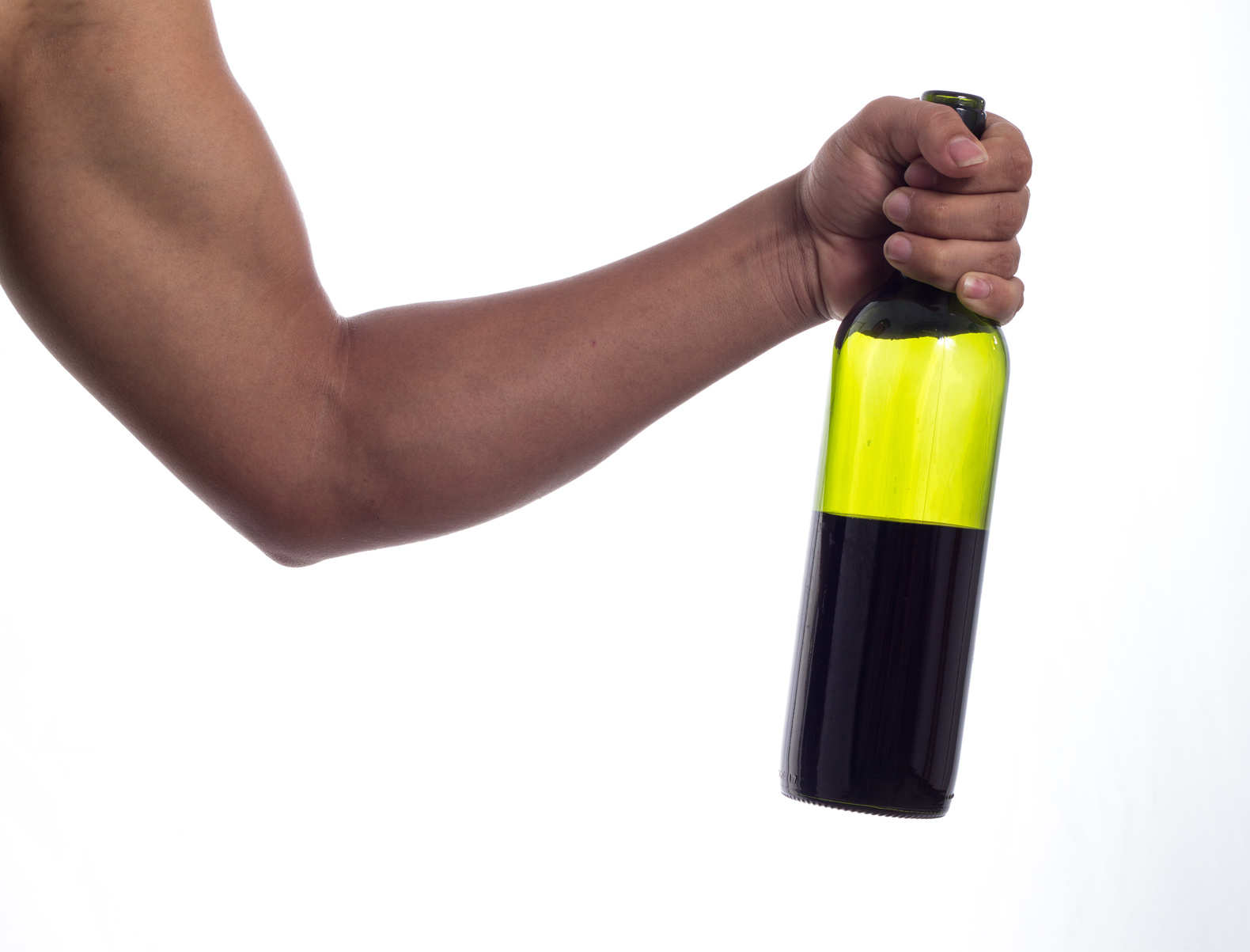
Alcohol - the cause of hypertension
Very often, hypertensive patients at the initial stage of the disease engage in self-treatment. Take medicines that only give relief to the state - no more. But if you start the complex treatment in time, even when there were no pathological changes, then the disease can be overcome.
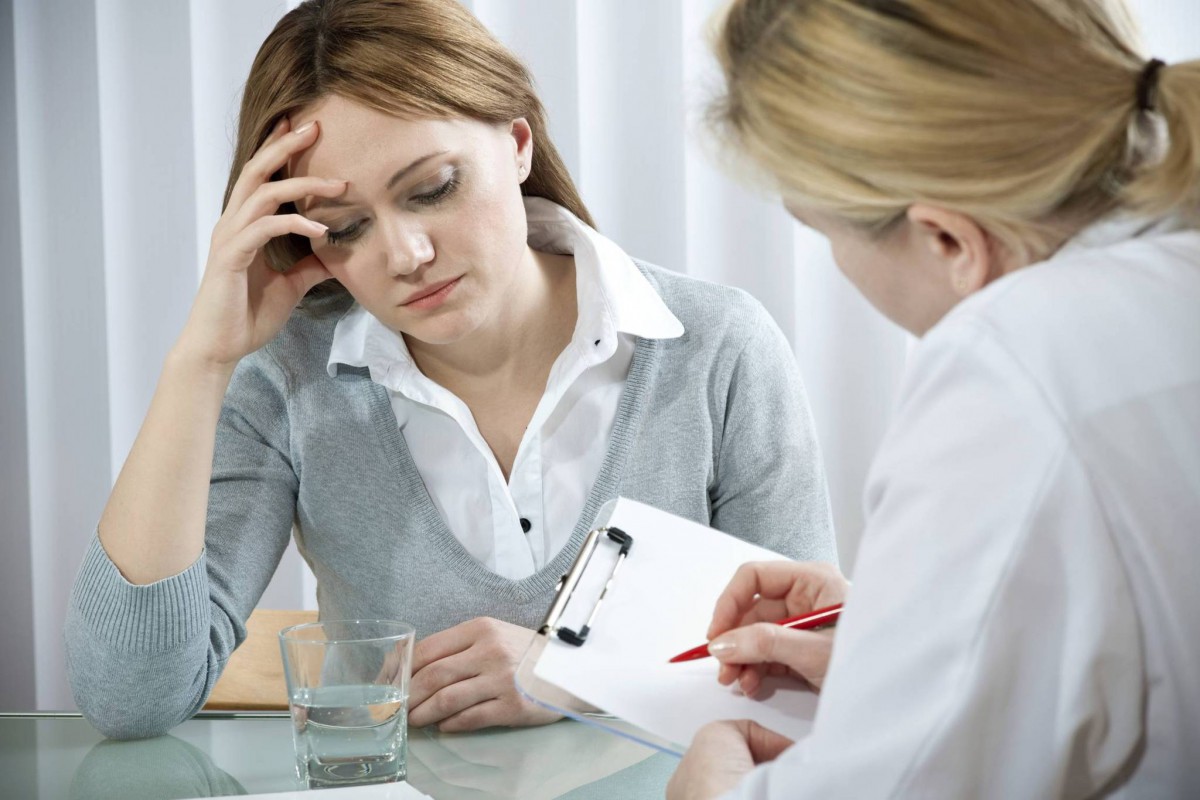
What is dangerous hypertension?
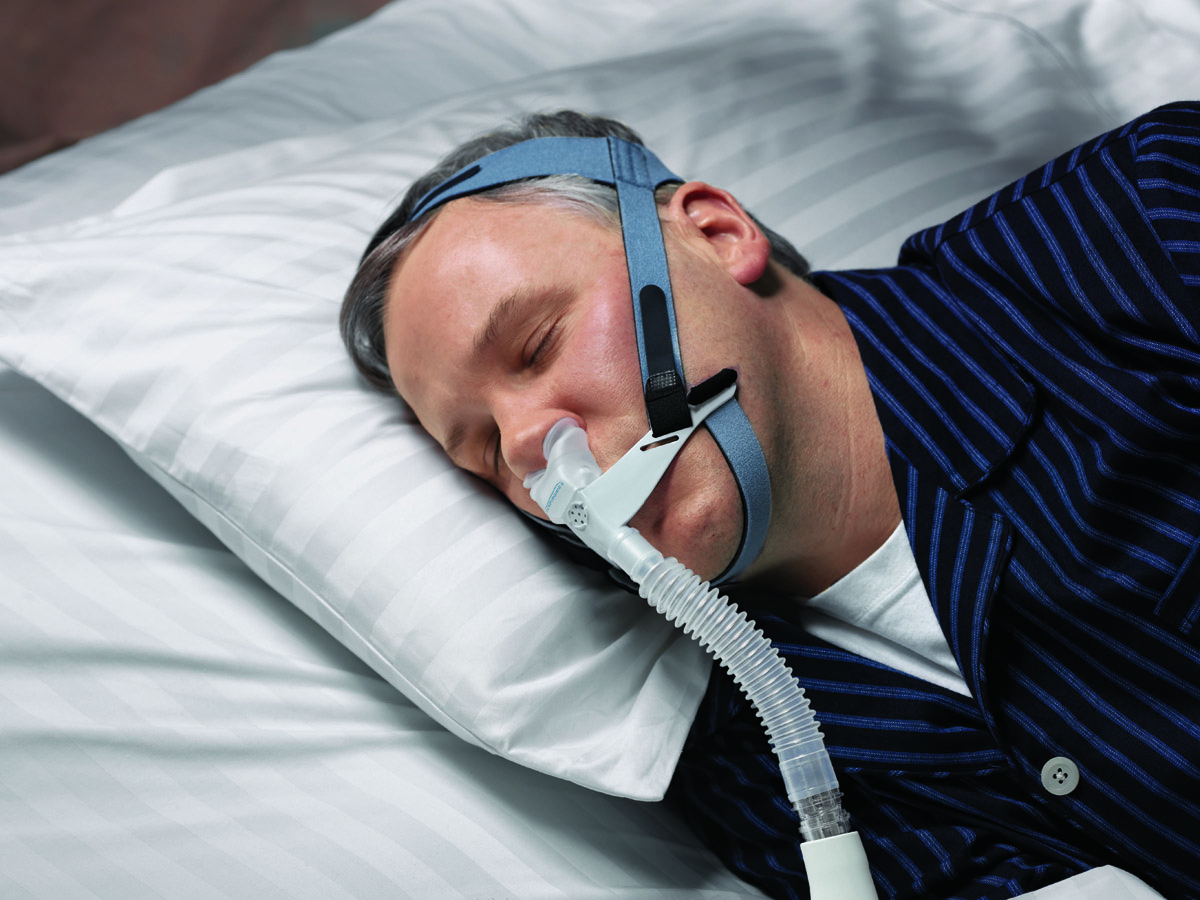
By medical standards, increased pressure in people of age is considered a treacherous disease. If you find that you have disturbed sleep, darkens in the eyes, headache, there is a pulsation in the temporal part, then go to a medical facility. Let you be examined.
After which the doctor will choose the right treatment for you. After all, it's difficult to do it yourself. And it happens that a single drug is not effective for your body. You may have to make a selection of one or another medicine to improve the general condition or use a variety of drugs.
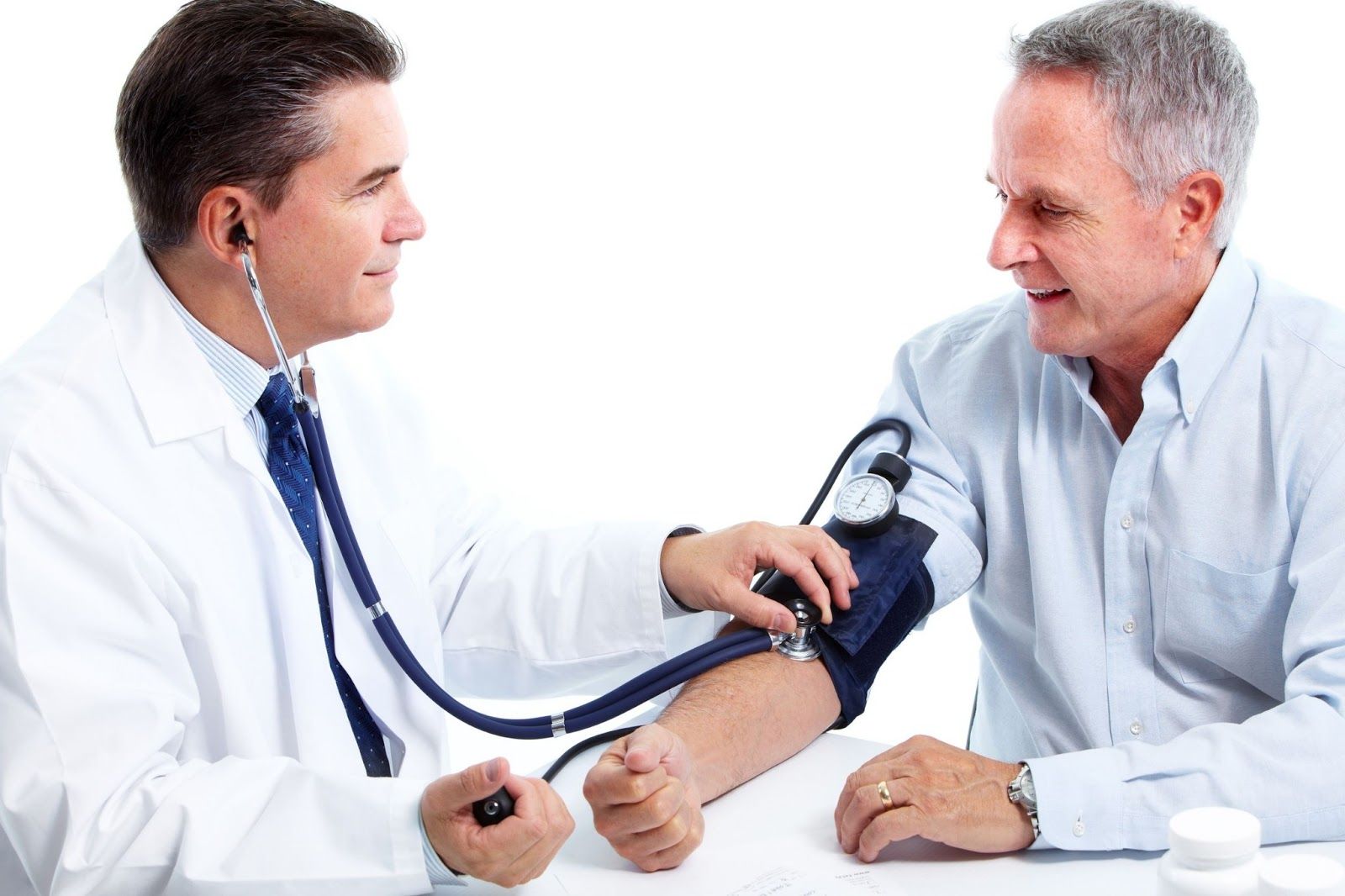
IMPORTANT: So that an elderly person is not nervous, eats properly, leads a lively lifestyle, and not just drinks medications. A positive attitude is the path to well-being.
Symptoms of the disease are the same, both in women and men.

Studying this disease, scientists noticed that in the mornings, hypertensive patients almost always increase blood pressure. There are several reasons for this phenomenon, most often it is:
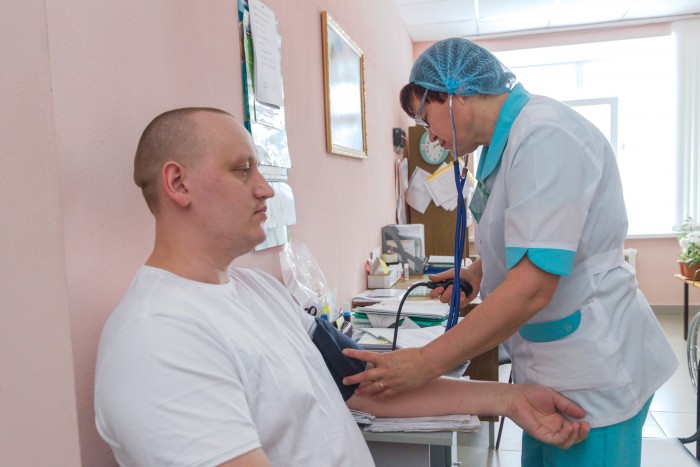
IMPORTANT: Pay attention to your condition in the morning, in the evening, in the afternoon - study your body. Then you will be easier to deal with the disease.
Sometimes it happens that sharply pressure rises, in this case it is necessary to carry out comprehensive measures:
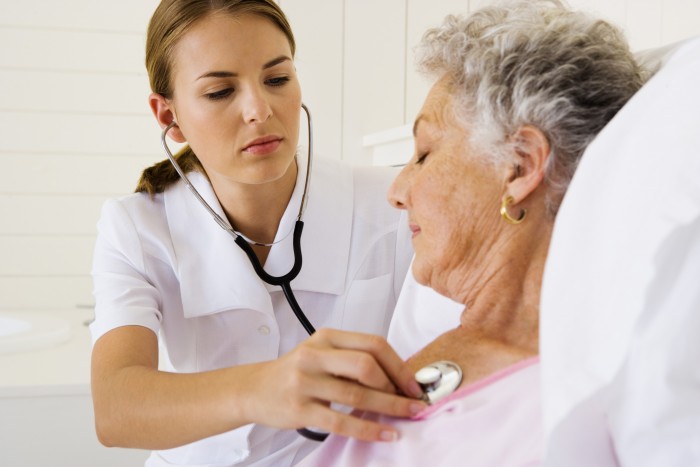
At home, if you have a hypertensive crisis, first call the ambulance, and then:
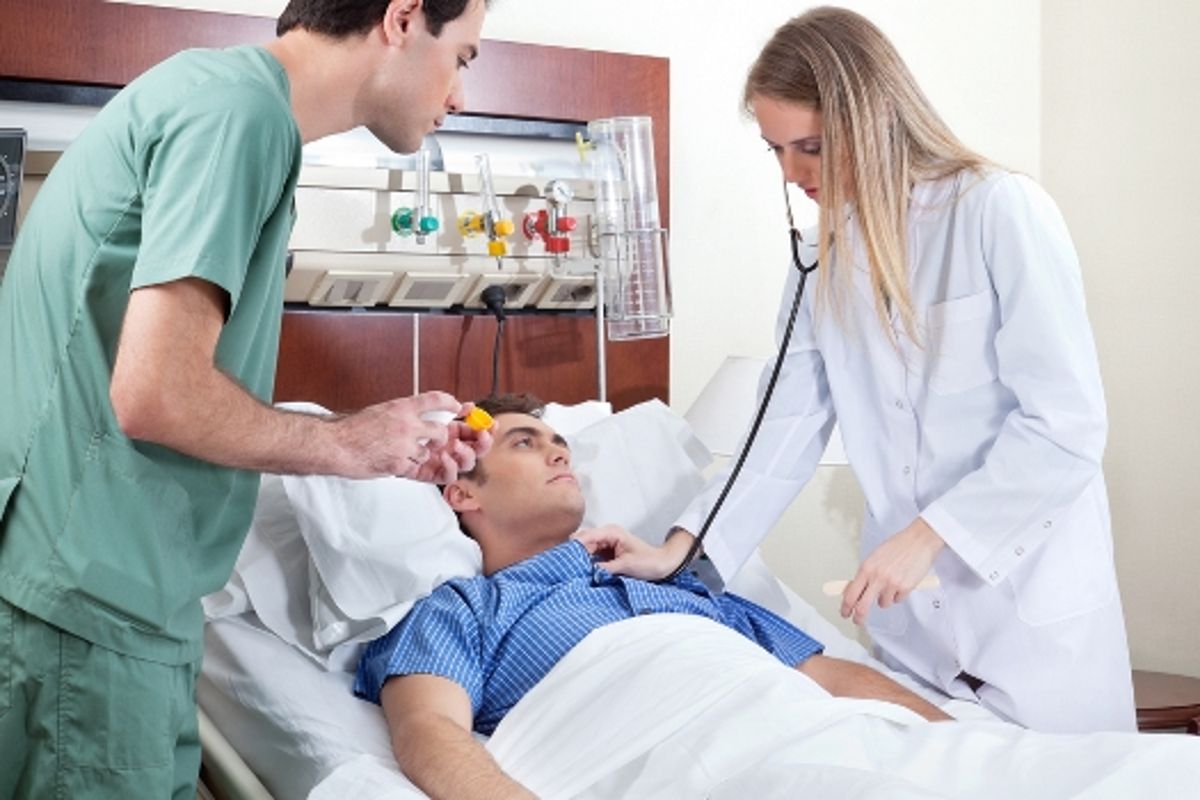
In order not to harm the patient with a hypertensive crisis, one should be well aware of which drugs are suitable for a person and which are contraindicated for him. Let's look at common drugs.
Captopril
Related drugs: capril, capotene, capopharm. This tool is effective, you need to know that an overdose leads to a sharp decline in blood pressure, which should not be allowed. For a slow decrease in pressure, you need to put about 50 milligrams of captopril under the tongue.
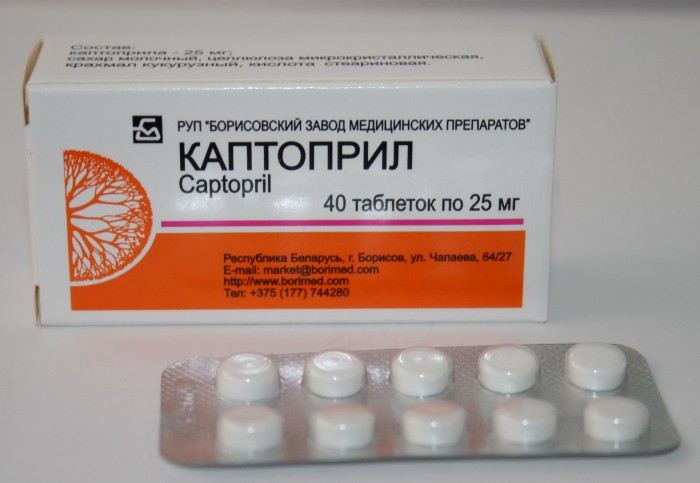
Anaprilin
Similar in action: carvedilol, metaprolol, propranolol. Also reduce blood pressure and reduce heart rate. You can not use these pills if you have bradycardia, pulmonary diseases, cardiac conduction, heart failure, cardiogenic shock.
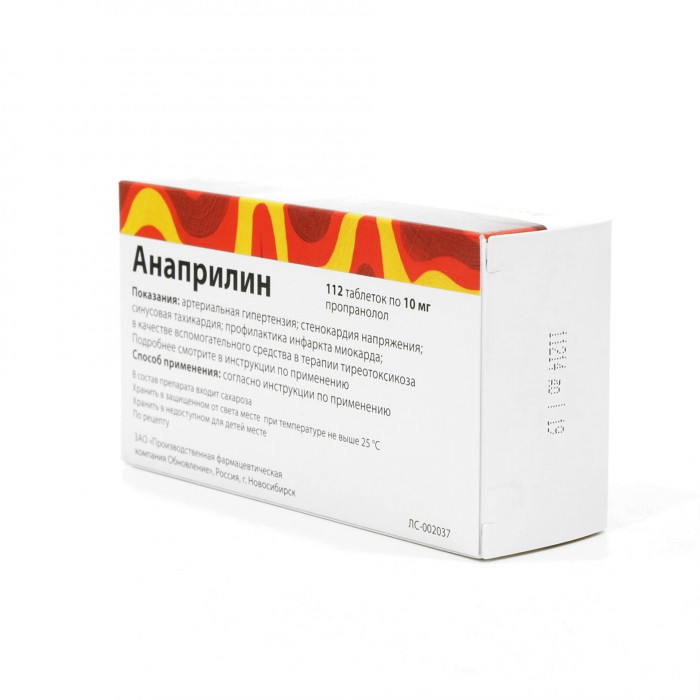
Nitroglycerine
Related: nitrocontin, nitromint, nitroglanurong. Apply it as a vasodilator drug. It eases the pain in the heart. Its side effects are headaches.
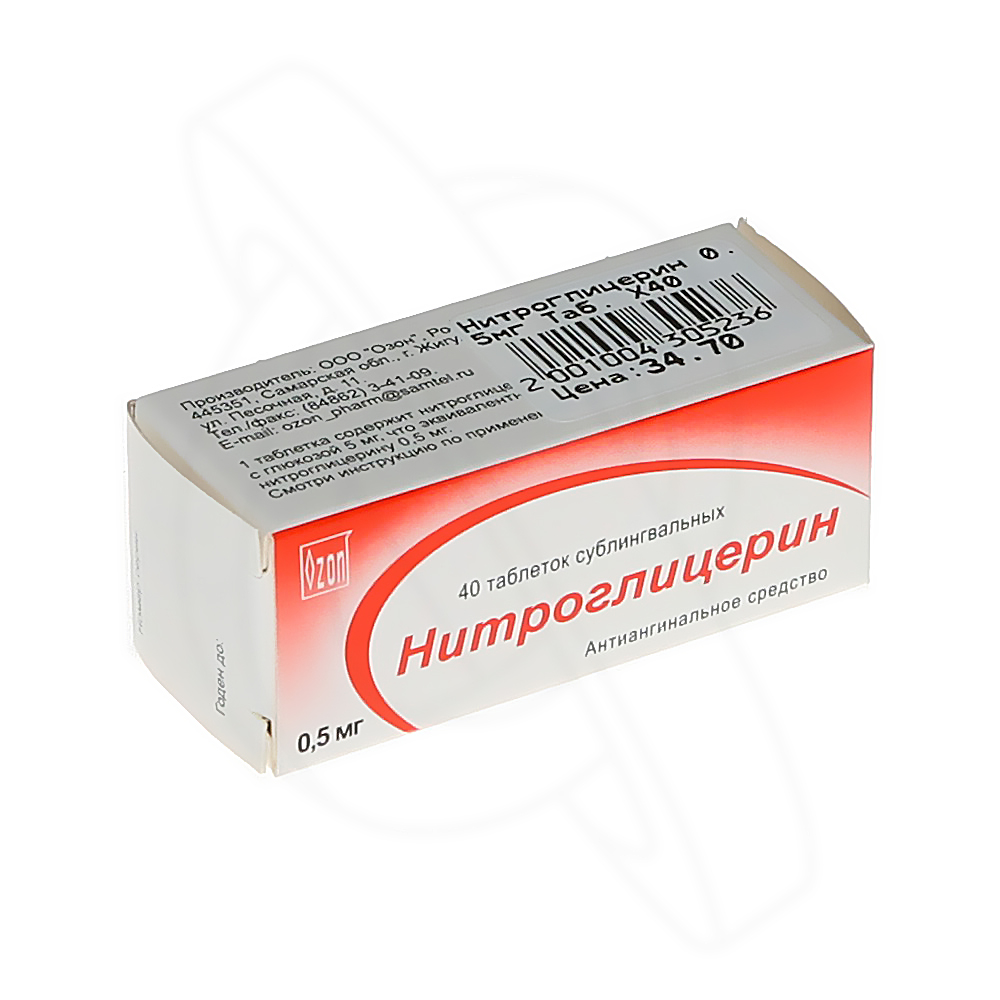
Nitroglycerin - with heart failure and high blood pressure
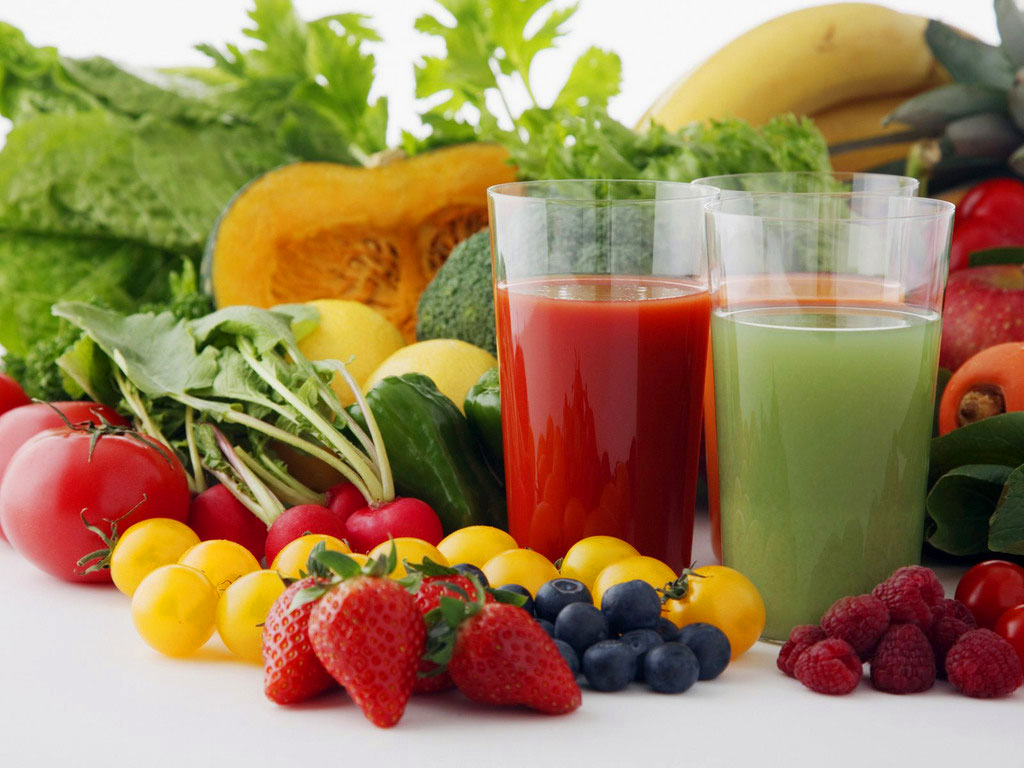
There are many tools in traditional medicine to reduce pressure. They are especially effective for first-degree hypertension. We will study some of them.
Raisin Drink
Put in a blender a hundred grams of raisins, chop, fill it with a cup of water. Simmer for about 10-14 minutes. Then let stand when the drink is warm, strain it, and drink it in one day with a meal.
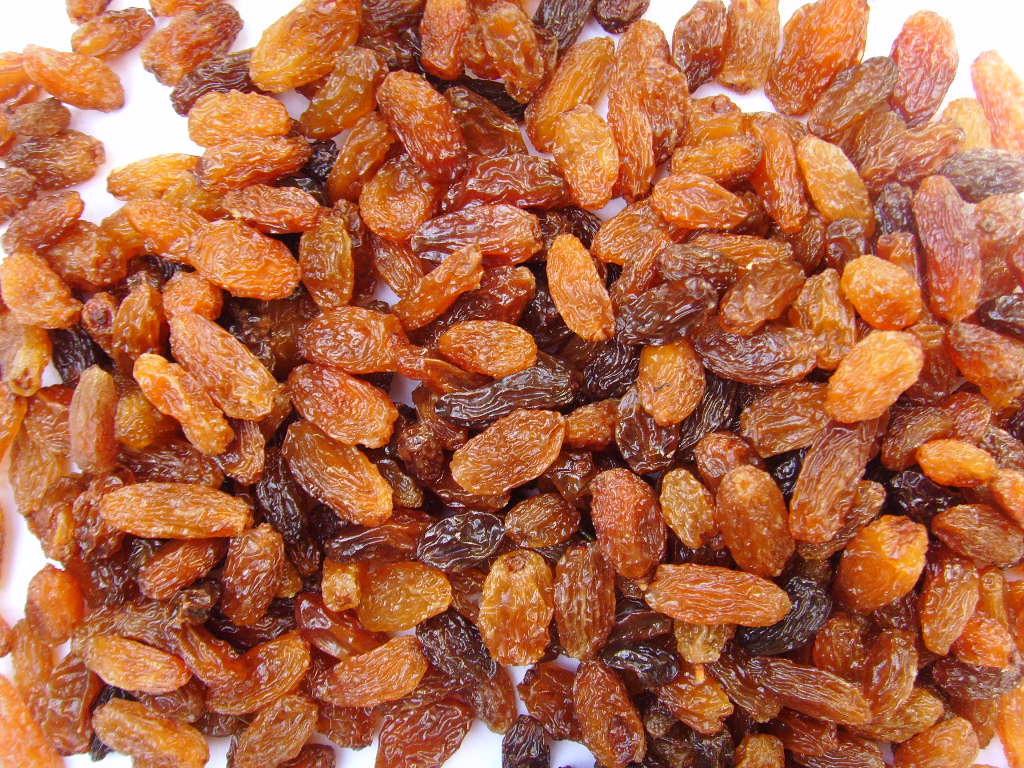
Raisin - from high blood pressure
Garlic for the treatment of hypertension
If you do not suffer from allergic reactions to garlic, then you can prepare the following drug from blood pressure. Take a sour lemon (three pieces) and three medium sized heads of garlic. Peel the garlic, wash the lemon and chop the products in a blender. Boil a half liter of water. Pour the mixture with it, let it brew for two days. Strain the infusion. Drink every day one hour before a meal with a large spoon.
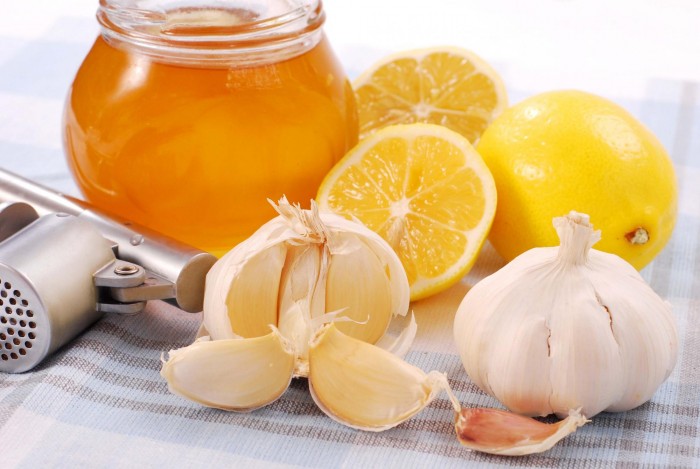
Rose hips and herbs to lower blood pressure
For panacea, you will need three large spoons of ground rosehip, two - black currants, the same red rowan, 25 mg of nettle. Put all these components in a thermos, pour hot water (four cups) and leave closed for four hours. Eat half a cup in one meal.
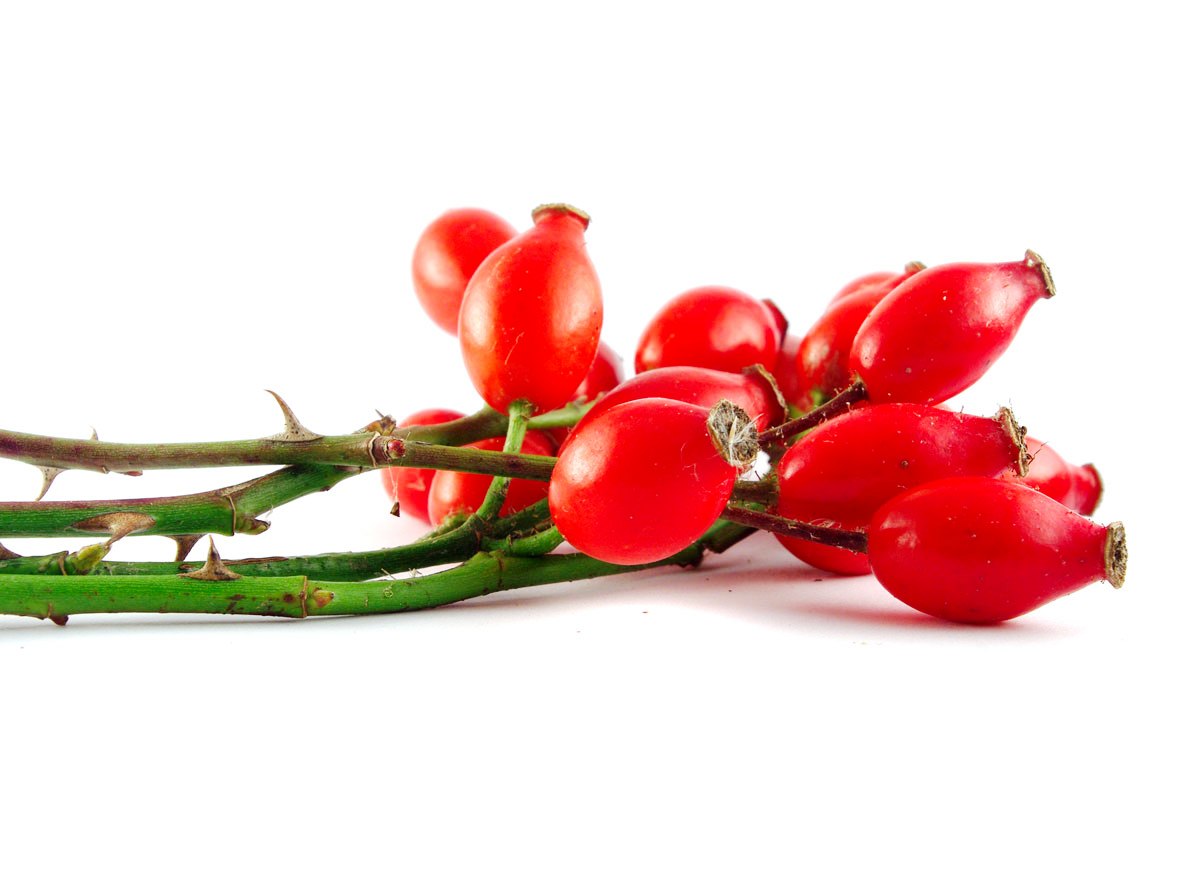
In case of hypertension, it is necessary to go in for sports, only this should be done after consulting a doctor. Watching what degree of hypertension you have, so at the initial stage it is useful to do jogging. It is better to start with small loads - exercise for 15 minutes, run slowly. Then increase the workout time and keep the intensity of the run the same. it is useful for someone to run around every day.
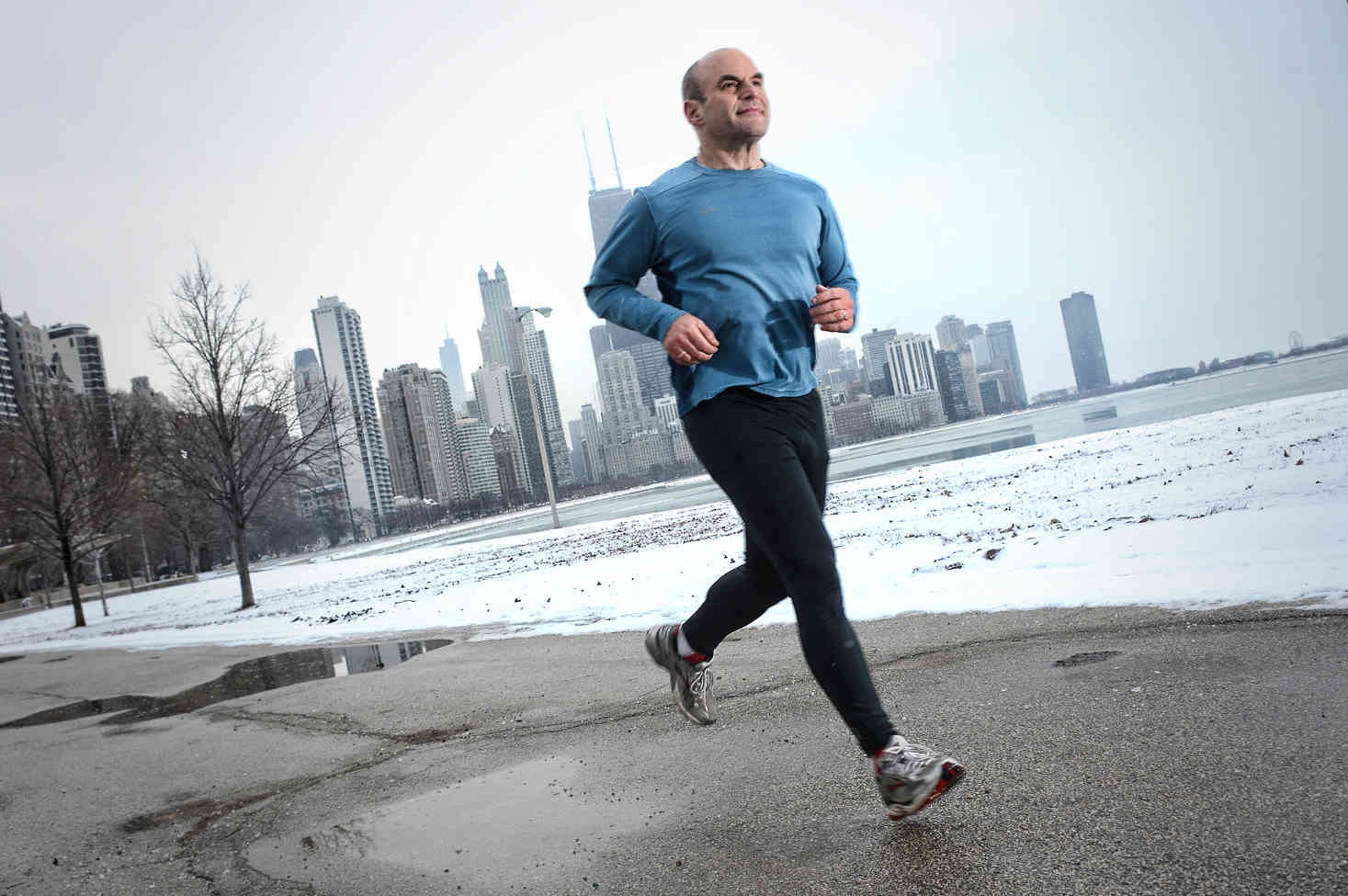
Contraindications for running:
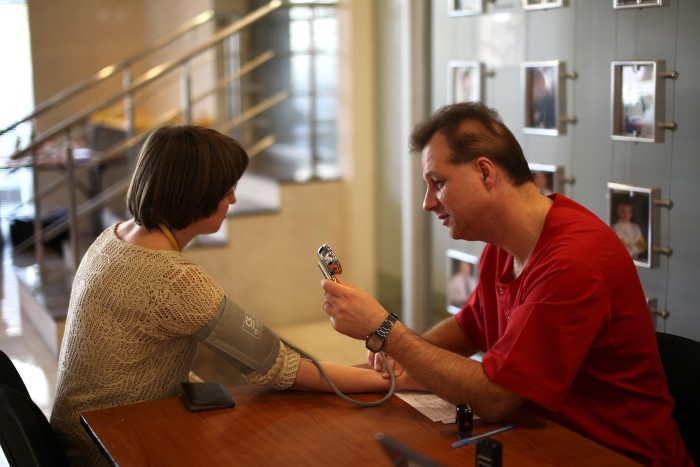
The main thing is for people with increased pressure to maintain a healthy lifestyle, not to forget to follow a diet for cores and have tablets to lower their blood pressure. Also, walking and frequent outdoor activities, communication with family will greatly affect your condition.

Increased pressure is considered to be more than 130/80 mm Hg. Art. This condition is called arterial hypertension (AH).
Moreover, in every tenth case, increased pressure is a symptom of some other disease - conditions accompanied by a pressure jump of about 70. Such hypertension is called symptomatic. Let's try to figure out what the possible reason is that your readings of the tonometer are far from the norm.
So, you have increased blood pressure more than 130/80 mm Hg. Art. It happened not for the first time, but it happens periodically.
Possible reasons:
1. Violation of vascular tone
The first thing you need to do research: complete blood count, biochemical blood test, urinalysis, ECG (cardiogram), if necessary, x-ray of the chest, ultrasound of internal organs.
If, on the basis of the results of tests and examination, a cardiologist revealed problems with the vessels (vascular tone disorder due to hypertonic type), but otherwise you are a completely healthy person, then your problem is called “simple” hypertension. In this case, the main task is to correctly select the scheme of antihypertensive drugs in order to keep the pressure within the norm.
2. Kidney problems
Almost always increases blood pressure in kidney diseases. For example, if there are disorders of urination - pain, burning, frequent urge - it is likely that you have pyelonephritis or urolithiasis. If you are young, have frequent sore throats and you have a “bad” urine test, you need a check for glomerulonephritis.
In men, an increase in pressure may exacerbate prostatitis.
The prolonged, non-treatable course of arterial hypertension should alert for vascular diseases of the kidney. These are fibromuscular dysplasia of the renal artery, especially in young women, and atherosclerosis in elderly patients. In most cases, renal vascular lesions require surgery.
3. Hormonal failures
If the blood level is low in potassium, and high blood pressure is combined with muscle weakness, then most likely it is a deficiency in the body of the hormone aldosterone.
The pressure rises by attacks, the crisis is accompanied by pallor, sweating, increased heartbeat, trembling, is there a loss in weight, is there a breakdown of the stool? It is possible that pheochromocytoma is a benign adrenal tumor.
4. Sore heart
Increased pressure on the hands, reduced legs, and a feeling of pulsation of blood vessels between the ribs - is similar to aortic coarctation - a very common congenital heart disease. To confirm or refute this diagnosis will help ECHO-cardiography (ultrasound of the heart).
5. Inflammations and injuries
Many diseases of the brain and spinal cord (inflammation and concussion of the brain, even in the distant past) are often accompanied by high blood pressure. If there are suspicions on this score, you need to contact a neurologist and make an EEG (electroencephalogram).
6. Contraceptives
If you are a young woman, your blood pressure rises for no apparent reason, and all of the above points are not for you, maybe hypertension is associated with taking contraceptives. Estrogens contained in these pills cause a rise in pressure in 5% of women. So it makes sense to consult a gynecologist and correct medication.
An additional examination is always necessary if:
Hypertension suddenly occurred before or after 60 years;
the pressure increased suddenly and immediately to high numbers;
drug treatment does not help.
Increased pressure is one of the frequent symptoms of a hangover in completely healthy people. The disintegration of alcohol causes spasms of cerebral vessels, which gives hypertensive symptoms. In this case, it is best to take an antispasmodic (spazgan, spazmalgon, baralgin), which will relax the blood vessels and at the same time relieve pain from the lush head.
Note!
Modern and safe method to solve health problems.
Herbal complexes Vision will help you maintain or regain health.
see website
| Related articles: | |
|
Long french Color French gel varnish
With all the variety of new technologies of nail art, the jacket continues ... Why is a sharp increase in blood pressure?
The most visible signs of high blood pressure are headaches, ... Weight stands still - what to do to lose weight, how to make it fall
During prolonged weight loss, almost everyone faces a problem ... | |